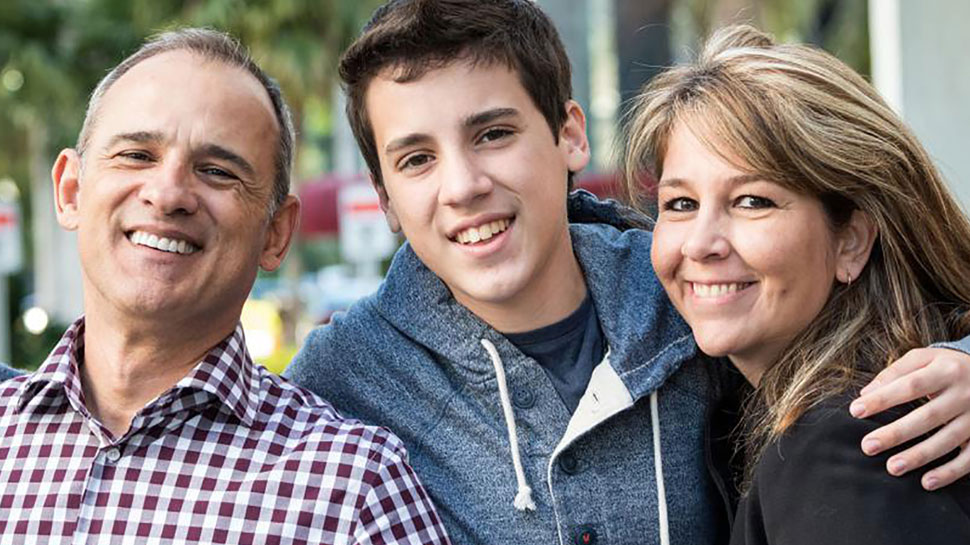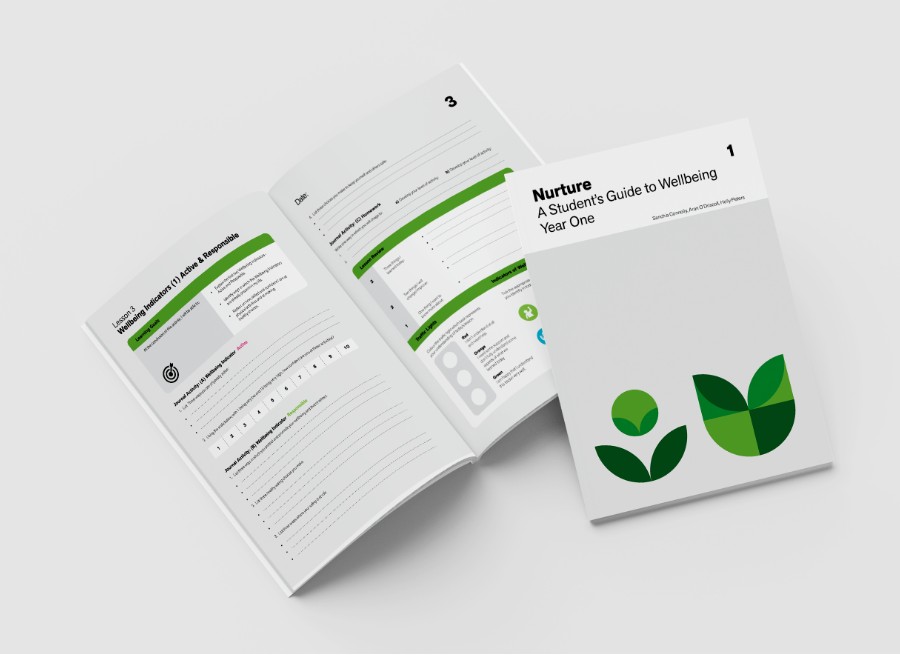
We have experienced first-hand the hugely positive and far-reaching impact teaching Wellbeing has had, both on our students and on ourselves as teachers. In order to ensure optimum use of teachers’ valuable time, peak performance in the classroom and high levels of student learning and engagement, we have developed a tried-and-tested method of delivering Wellbeing in schools that we know works effectively.
For further information about Wellbeing in Junior Cycle:
https://www.jct.ie/wellbeing/wellbeing
https://ncca.ie/en/junior-cycle/wellbeing

In ‘Nurture – A Student’s Guide to Wellbeing’ students and parents will discover a practical and engaging resource to support students wellbeing by enabling them to build the skills needed to successfully manage the pressures they are likely to be facing on a daily basis throughout their years in secondary school. Student Journals are available for students in 1st, 2nd and 3rd year. Our Nurture 4 Wellbeing TY Modules come complete with Digital Student Journal Activities designed to equip students with the skills necessary to flourish while simultaneously preparing for the challenges of the Leaving Certificate.